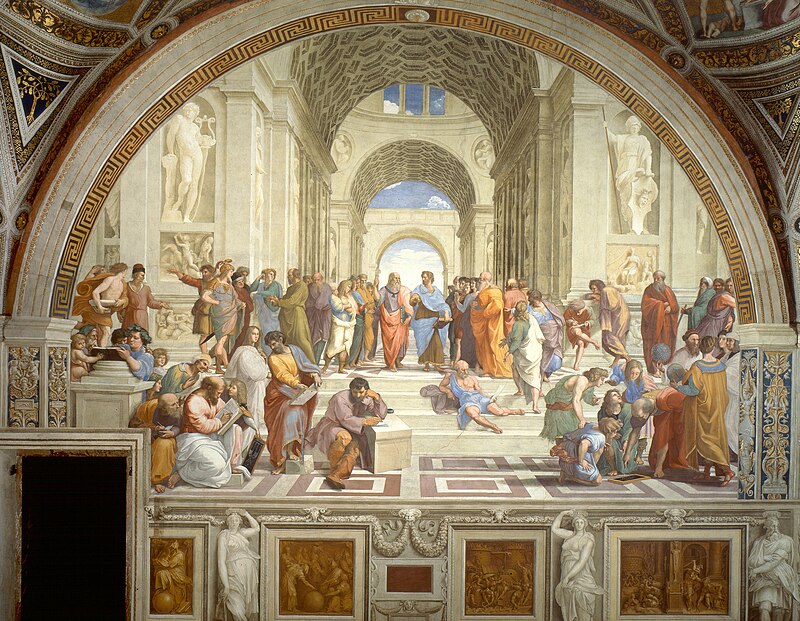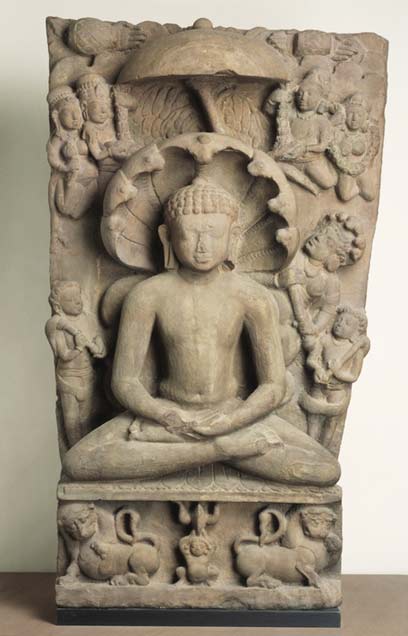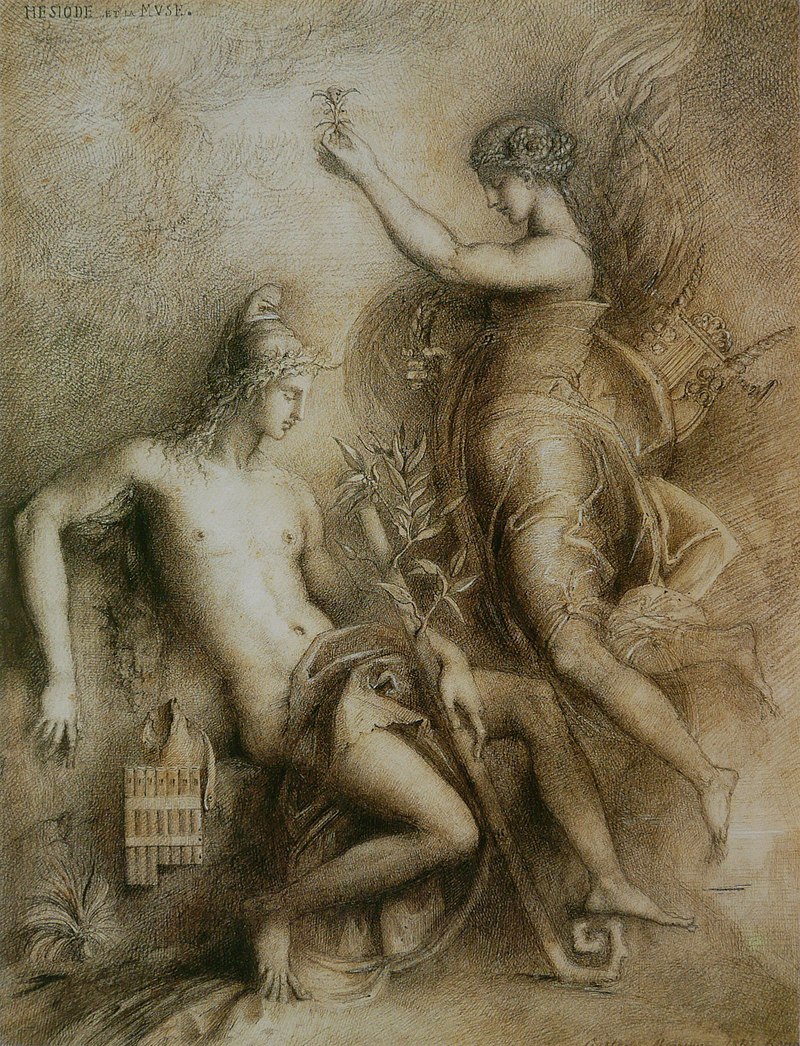
Areopagities
Quintilian’s Institutes of Oratory; Or, Education of an Orator
Quintilian「c35-c96」, “Difference of Signs, Indications, or Circumstantial Evidence, from Proofs—Of Mere Appearance, Book V, chap. 9, §. 13 in Quintilian’s Institutes of Oratory; or, Education of an Orator, ed. Lee Honeycutt, trans. Rev. John Selby Watson (London, 1892; Online Quintialian’s Institutes of Oratory, Iowa State University).
Nor do the Areopagites, when they condemned a boy to death for picking out the eyes of quails appear to have had any other thought than that such an act was the indication of a cruel disposition, likely to do mischief to many if he should be allowed to reach maturity.
Areopagite—A senator, or a judge of the Areopagus. Solon first established the Areopagites; although some say, they were established in the time of Cercrops, the year that Aaron, the brother of Moses, dies; that Draco abolished the order, and Solon reestablished it. Demosthenes, in his harangue against Aristocrates, before the Areopagus, speaks of the founders of that tribunal as unknown.
Areopagus—A tribunal established in ancient Athens, bore this name. It is variously represented; some considered as having been a model of justice and perfection, while other look upon it as an aristocratic court, which had a very extended jurisdiction over all crimes and offences, and which exercised an absolute power. (‘Lectric Law Library Lexicon s.v. “Areopagite, Areopagus”)



